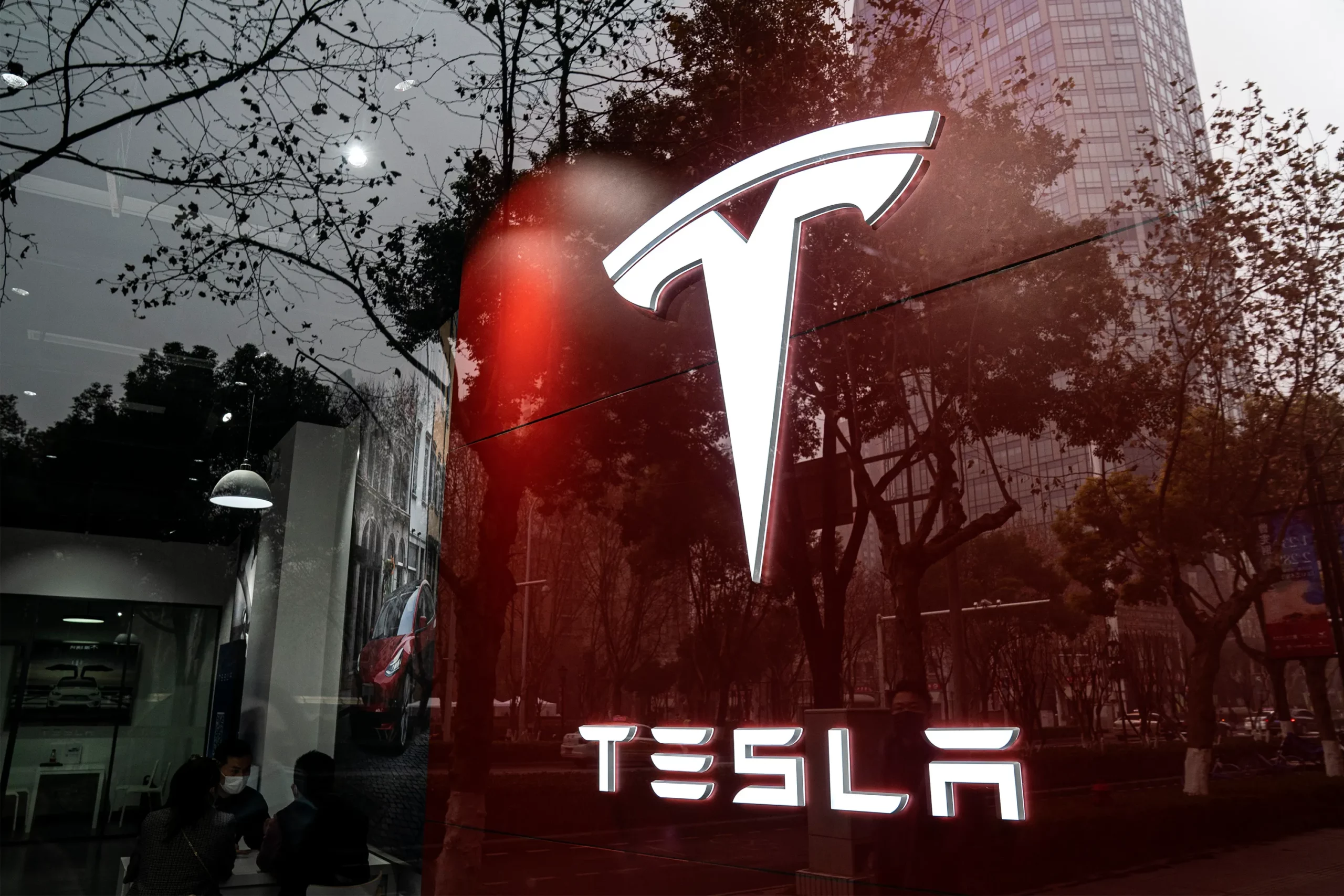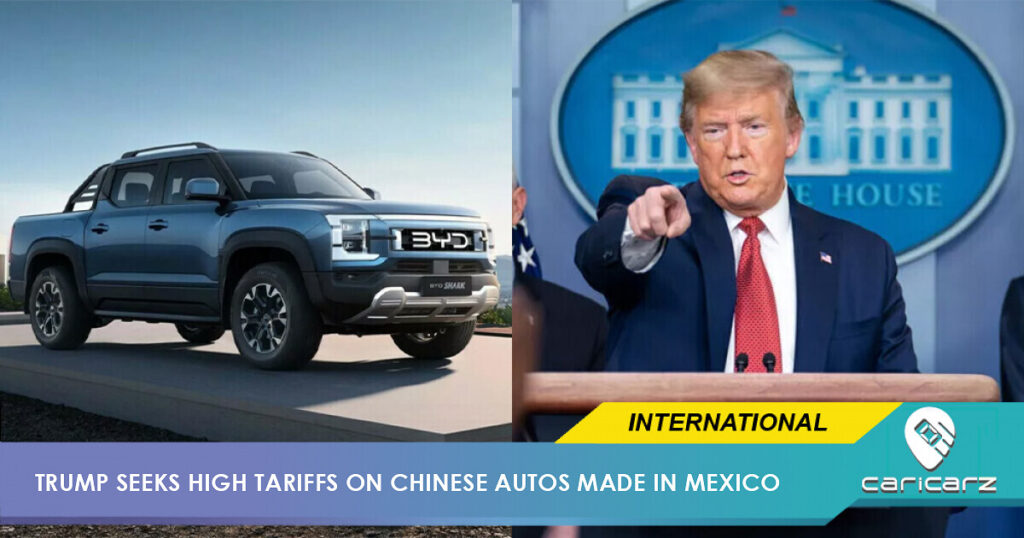
Tesla CEO Elon Musk announced on Tuesday that the company is putting its plans to build a new gigafactory in Mexico on hold. The decision comes in response to former President Donald Trump’s promise to impose tariffs on vehicles manufactured in Mexico if he is re-elected.
During Tesla’s earnings call, Musk was asked for an update on the Mexico plant, which was initially announced in February 2023. He stated, “We’re currently on pause on Giga Mexico. I think we need to see just where things stand after the election.”
Musk expressed concerns over Trump’s proposal, explaining, “Trump has said that he will put heavy tariffs on vehicles produced in Mexico, so it doesn’t make sense to invest a lot in Mexico if that is going to be the case. So we will kind of need to see how things play out politically.”
In the meantime, Tesla is focusing on expanding production capacity at its existing factories. Musk highlighted plans for the Robotaxi and Optimus robots, noting that the Robotaxi will be produced at the company’s headquarters in Giga Texas. Additionally, the high-volume version of the Optimus robot is expected to be produced there by the end of next year.
| Announcement | Details |
|---|---|
| Giga Mexico Status | On pause until after U.S. election |
| Reason for Pause | Potential tariffs on vehicles made in Mexico |
| Production Focus | Expanding capacity at existing factories |
| Key Products Mentioned | Robotaxi, Optimus robots |
| Location for Production | Giga Texas |
Former President Trump’s stance on tariffs is not new. In a March campaign speech, he proposed a 100% tariff on vehicles made by Chinese auto companies in Mexico for U.S. import. He reiterated this stance during his recent speech at the Republican National Convention.

Currently, no major Chinese automakers have production facilities in Mexico, although some, like BYD, a low-cost EV maker, have considered it. BYD has been in a price war with Tesla in markets like China and is exploring building a factory in Mexico by the end of 2024.
Trump’s first term saw significant trade negotiations with Mexico and Canada, resulting in the United States-Mexico-Canada Agreement (USMCA), which replaced the North American Free Trade Agreement (NAFTA). The USMCA requires 75% of automobile components to be made in the U.S. to avoid tariffs, an increase from NAFTA’s 62.5%. It also mandates that 70% of steel and aluminum purchases must come from North America and includes a labor value content rule for wages.
Featured Image courtesy of TechCrunch
Follow us for more updates on Tesla’s Mexico Factory plans.
